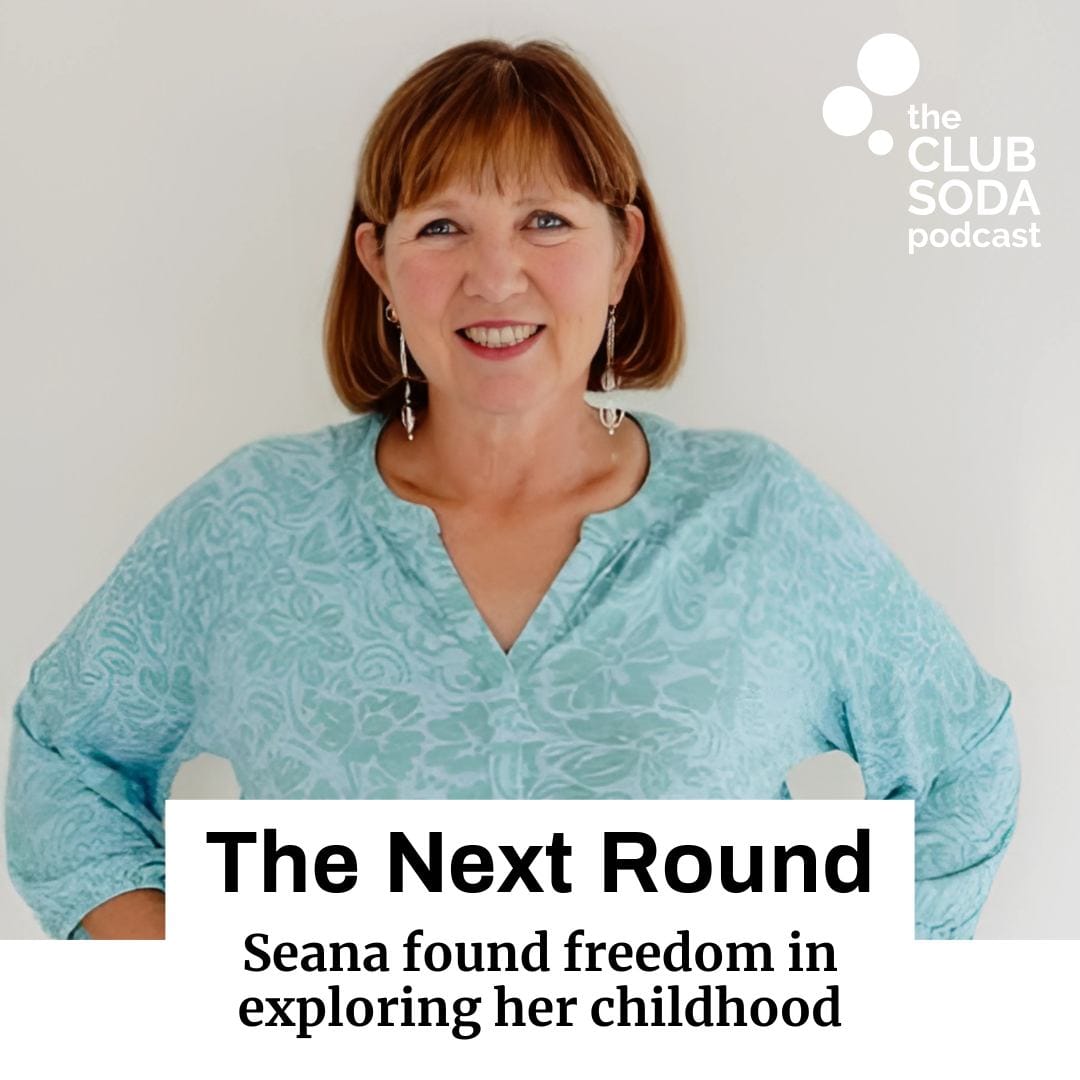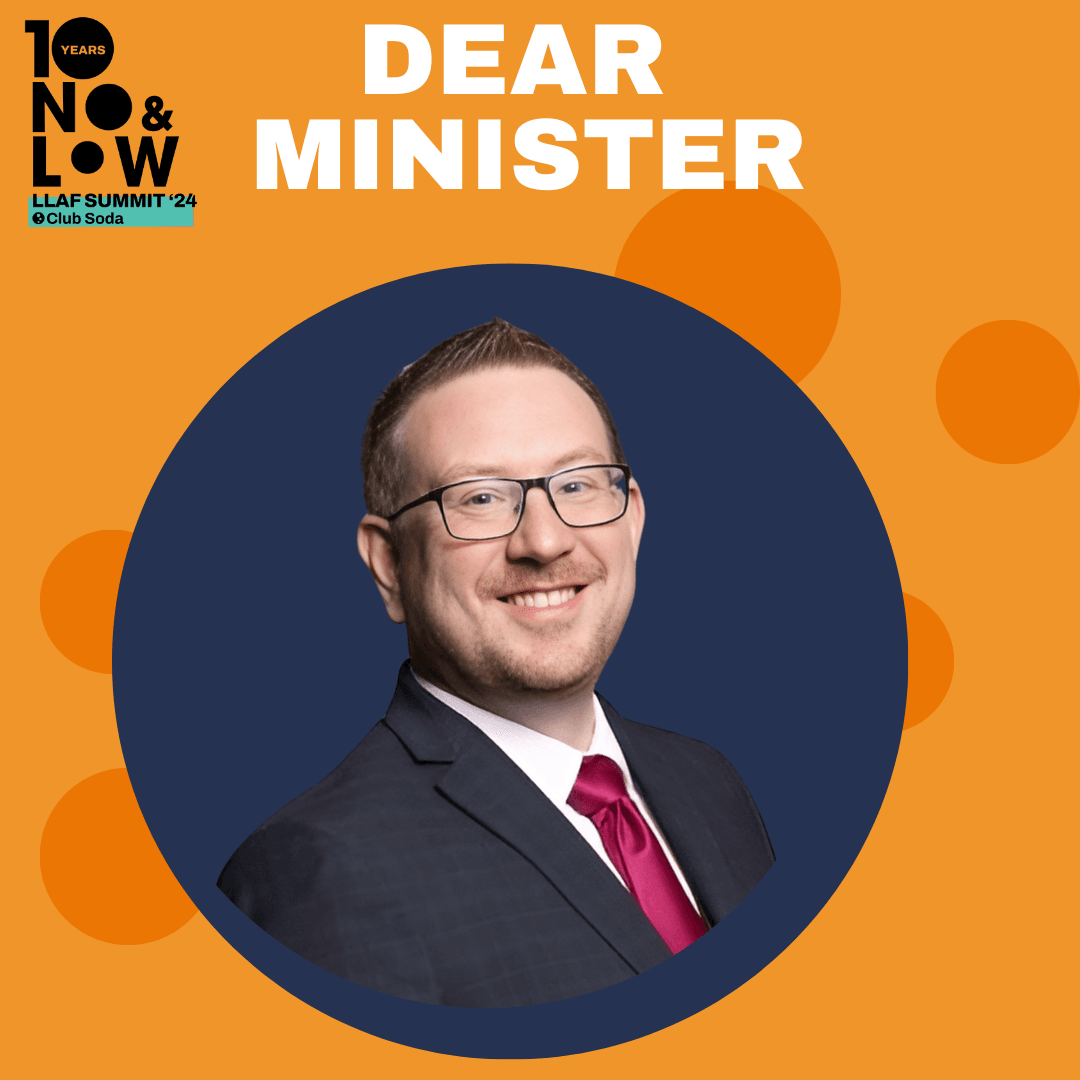
This website uses cookies to improve your experience. We'll assume you're ok with this, but you can opt-out if you wish. Read More
The Next Round: What happens after you change your drinking?

Nearly 80 alcohol-free brands, suppliers, drinks experts, and even a celebrity have united to urge Andrew Gwynne MP, the new Health Minister, to take swift action on outdated alcohol-free drinks descriptors.
In a letter signed by attendees at the recent Low, Light, and Alcohol-Free Summit in London, industry leaders highlighted how the current labelling regulations confuse consumers and prevent them from making informed choices about alcohol-free drinks. Despite the Government acknowledging these issues a decade ago and holding two consultations—the latest in 2023—no action has been taken to update the guidance.
Among the signatories are Luke Boase, founder of Lucky Saint and Chair of the Adult Non-Alcoholic Beverage Association (ANBA) in the UK, alongside BBC Morning Live presenter and alcohol-free drinks advocate, Briony May Williams.
The letter calls for the Government to align alcohol-free descriptors with global standards (≤ 0.5% ABV). As this change doesn’t require new legislation, it offers a quick win for public health, UK producers, and the economy.
Signatories have invited the Minister to meet and discuss the issue further, emphasising the urgency and widespread support for this straightforward yet impactful change.
Laura Willoughby MBE, founder of Club Soda, said:
“This should be a no-brainer for the Minister. The consultation’s done, there is no need for new legislation, and the positive health and economic outcomes will become obvious in no time. Alcohol-free drinks have already made it easier for people in the UK to cut down their drinking, Brands have managed this with one hand tied behind their back. Sorting out these descriptors is the final piece of the puzzle that could permanently shift drinking habits in the UK for the better.”
Luke Boase, founder of Lucky Saint, said:
“The time is right for low and no-alcohol brands to collaborate with the Government and clear the path for further growth of the alcohol-free category. With evolving drinking habits and the desire from the Government to improve public health, alcohol-free drinks offer an important solution for both consumers and venues. We are proud of the positive impact we have had on the nation’s health and we’re excited to work with the Government to accelerate growth.”
Andrew Gwynne MP
Secretary of State for Health and Social Care
39 Victoria Street, London, SW1H 0EU
9th October 2024
Dear Minister,
Ongoing Consultation on Alcohol-Free Descriptors
Congratulations on your appointment as Parliamentary Under-Secretary of State for Public Health and Prevention—an exciting opportunity to make a real impact on public health!
Club Soda is the UK’s Mindful Drinking Movement. We have been campaigning for better availability of low- and alcohol-free drinks for consumers since 2015. We support the new Government’s aim of promoting better health outcomes for everyone. ANBA is the global trade body for alcohol-free drinks.
We’d like to draw your attention to an outstanding item on the Department of Health’s agenda: the outcome of the 2023 consultation on alcohol-free descriptors. This simple and cost-free change has the potential to substantially enhance public health and stimulate economic growth.
Since the 2014 Food Information Regulations Bill highlighted inadequacies in alcohol-free labelling, the UK has become a global leader in alcohol-free drinks, with innovative brands like Lucky Saint, Noughty, Big Drop, and Everleaf emerging. This booming industry has supported 2.6 million UK adults in reducing their alcohol consumption since 2021—a major public health victory.
However, outdated labelling confuses consumers about the alcohol content of drinks. “Alcohol-free” and “low alcohol” are used interchangeably for products at 0.5% and below (a trace element of alcohol present in many food products), even though their legal definitions differ. This confusion, which we observe daily at the Club Soda Tasting Room, hinders consumers from making informed choices.
The solution is simple: update the guidance on alcohol-free descriptors. This won’t require legislation, as the old descriptors were converted to guidance in 2018. By clarifying that “alcohol-free” is 0.5% and below and create definitions for “low-alcohol,” we can empower consumers to choose suitable drinks and support UK producers, who currently face additional costs on labelling for the UK market.
≤ 0.5%ABV is the most common threshold for alcohol-free globally. This change would see the UK fall in line with most European countries, USA, Australia and many nations around the world.
We would be delighted to meet with you to discuss this further. A visit to the Club Soda Tasting Room would allow you to experience the diversity of UK alcohol-free brands and witness first hand the potential of this industry for both the economy and public health.
Cheers,
This website uses cookies to improve your experience. We'll assume you're ok with this, but you can opt-out if you wish. Read More
| Name | Domain | Purpose | Expiry | Type |
|---|---|---|---|---|
| wpl_user_preference | joinclubsoda.com | WP GDPR Cookie Consent Preferences. | 1 year | HTTP |
| PHPSESSID | www.tickettailor.com | PHP generic session cookie. | 55 years | HTTP |
| AWSALB | www.tickettailor.com | Amazon Web Services Load Balancer cookie. | 7 days | HTTP |
| YSC | youtube.com | YouTube session cookie. | 55 years | HTTP |
| Name | Domain | Purpose | Expiry | Type |
|---|---|---|---|---|
| VISITOR_INFO1_LIVE | youtube.com | YouTube cookie. | 6 months | HTTP |
| Name | Domain | Purpose | Expiry | Type |
|---|---|---|---|---|
| _ga | joinclubsoda.com | Google Universal Analytics long-time unique user tracking identifier. | 2 years | HTTP |
| sbjs_migrations | joinclubsoda.com | Sourcebuster tracking cookie | 55 years | HTTP |
| sbjs_current_add | joinclubsoda.com | Sourcebuster tracking cookie | 55 years | HTTP |
| sbjs_first_add | joinclubsoda.com | Sourcebuster tracking cookie | 55 years | HTTP |
| sbjs_current | joinclubsoda.com | Sourcebuster tracking cookie | 55 years | HTTP |
| sbjs_first | joinclubsoda.com | Sourcebuster tracking cookie | 55 years | HTTP |
| sbjs_udata | joinclubsoda.com | Sourcebuster tracking cookie | 55 years | HTTP |
| sbjs_session | joinclubsoda.com | SourceBuster Tracking session | Session | HTTP |
| Name | Domain | Purpose | Expiry | Type |
|---|---|---|---|---|
| mailchimp_landing_site | joinclubsoda.com | Mailchimp functional cookie | 28 days | HTTP |
| __cf_bm | tickettailor.com | Generic CloudFlare functional cookie. | Session | HTTP |
| NID | google.com | Google unique id for preferences. | 6 months | HTTP |
| Name | Domain | Purpose | Expiry | Type |
|---|---|---|---|---|
| _ga_10XZMT03ZM | joinclubsoda.com | --- | 2 years | --- |
| AWSALBCORS | www.tickettailor.com | --- | 7 days | --- |
| cf_clearance | tickettailor.com | --- | 1 year | --- |
| VISITOR_PRIVACY_METADATA | youtube.com | --- | 6 months | --- |
Join Club Soda for 10% off your first order of drinks for UK delivery. Plus get our latest news and special offers for members to choose better drinks, change your drinking and connect with others.
If you get an error message with this form, you can also sign up at eepurl.com/dl5hPn